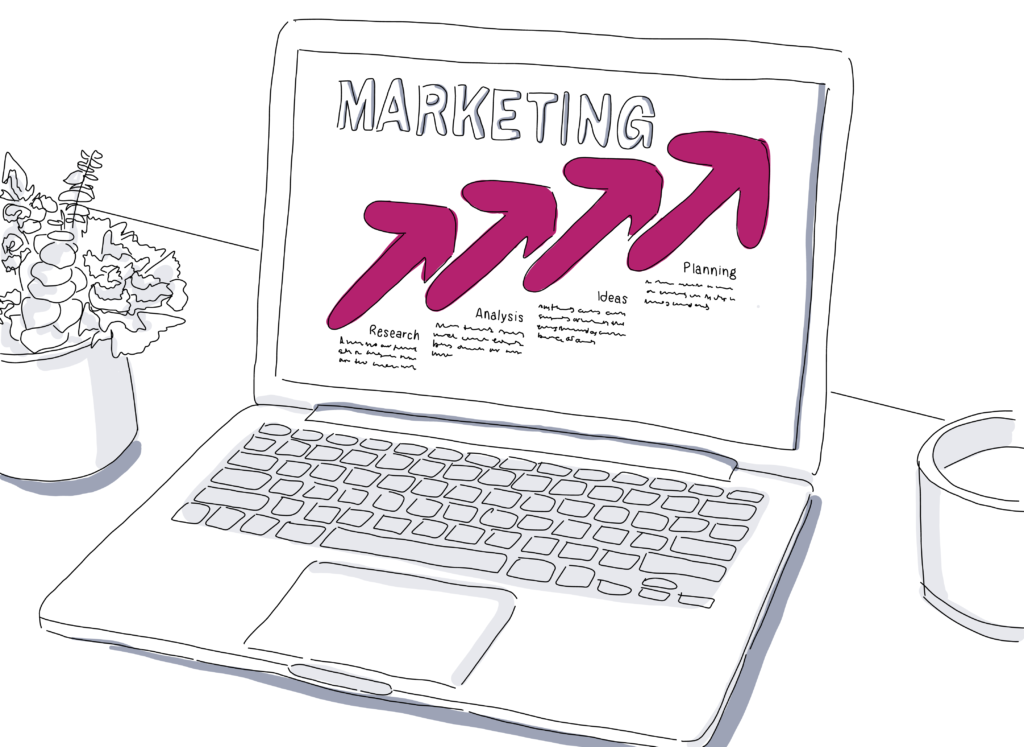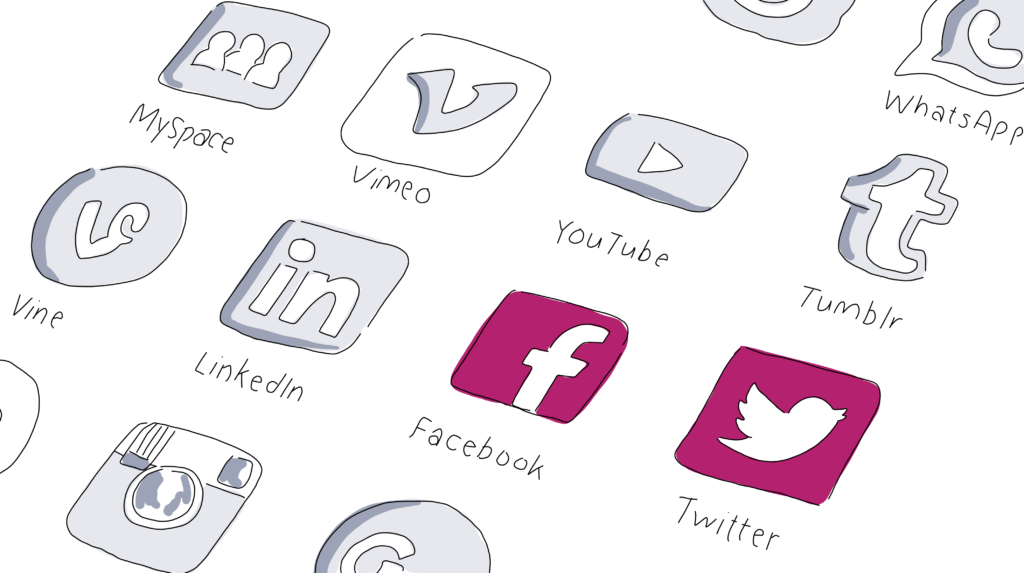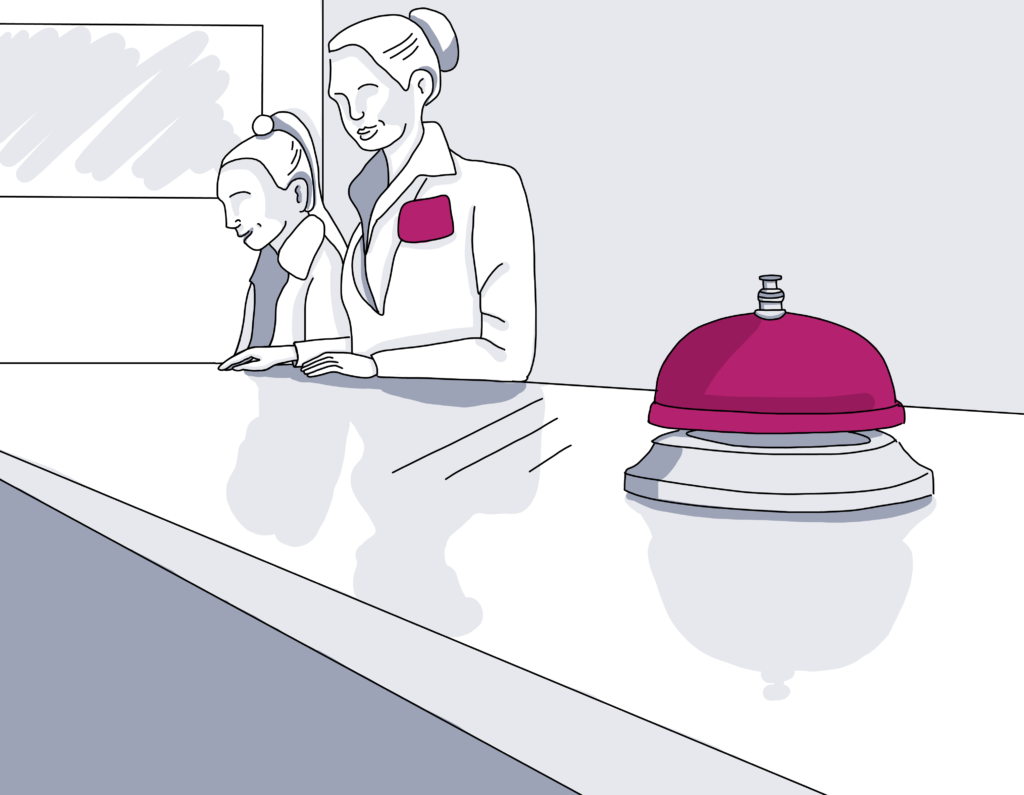
5 Basics That Every Hotel Marketing Plan Should Include
The beds are neatly made, the towels hung, and chocolates are on the pillows. The only thing missing? The guests! Learn the top five basic elements that a hotel marketing plan should include to successfully drive direct bookings at your property.
Prefer to listen to this post?
Discover the Critical Elements of the Best Hotel Marketing Plan

1. An effective marketing website
View your website as an extension of your hotel’s hospitality. Your hotel website should be welcoming, informative, helpful, and above all, user-friendly. A few more essentials:
- With 65% same-day reservations made on smartphones, mobile optimization is a must
- Guests need to be able to picture their stay, so add as many photos as possible. Virtual tours are even better!
- Make amenities and room information easy to find and ensure it is up-to-date and detailed.
The goal of your website is to mirror the experience guests will have at your hotel, make sure the visit is a pleasant one. Learn more about the design elements of the best hotel websites.
2. An engaging hotel social media presence
First, find ways to engage your guests and encourage them to share the positive experiences they have during their stay.
Then, on your end, highlight your amenities, location, and staff. However, don’t constantly toot your own horn ” that’s not what people want in their feed. Make visitors feel like a local by sharing local points of interest, showcasing great restaurants, and promoting events and nightlife.
Let your hotel’s social media presence be a resource for guests and locals. From there, increase engagement and build your following by catering to the content people want to see.
That’s just the start ” we’ve got more social media tips for hotels here.

3. Spot-on & proactive hotel reputation management
Even the best hotels have upset guests from time-to-time. Today, people vent on online review sites and social platforms ” which means you’re bound to get a negative review or two.
It can be harmful to leave negative reviews or comments unanswers ” especially in hospitality. Make room in your hotel marketing plan (and budget if you need it) for reputation management. Here’s what to do:
- Claim your hotel on all major booking and review sites to track comments.
- For other sites and platforms, social listening tools can help keep tabs what is being said good and bad about the hotel.
- Develop a thorough understanding of appropriate responses: when to defend, when to provide service recovery, and when to say nothing at all.

4. Smart hotel customer relationship management
Hotel marketing plans should always include customer relationship management (CRM) software. These systems are especially important for hotels that have a robust event strategy.
Keeping past customers informed and engaged is absolutely essential to building a strong returning client base. CRMs log past customer details and allow for relevant, timely promotions based on previous choices. It also houses the data you need to set goals and grow in future years.
CRMs are especially important for maintaining connections and information through turnover, helping keep returning customers happy and alleviating some of the learning curve for new employees. CRMs are only as good as the information stored, so train for success and keep detailed, relevant information that will help in the future. Learn everything you need to know about evaluating CRM software for hotels here.

5. Strategic hotel PPC and display ads
The best way to drive traffic to your hotel website ” and your booking portal ” is by using search and display ads.
Every hotel in your city or region will be competing for similar search terms, so try to target keywords that will help you stand out from the competition. Here are some quick tips:
- Use history or interest-based display ads to engage vacationers or event planners who haven’t made up their mind on a venue.
- Test different demographics, ad platforms, ad copy, and creative to see what works.
- Remember that even though digital advertising can be more cost effective than traditional media, it isn’t free. Set realistic ad budgets, tweak when need be, and see the direct bookings roll in.
In the competitive hotel industry, finding the perfect hotel marketing balance can be difficult. Use the above elements in your hotel marketing plan to drive direct bookings, defend your reputation, and improve the overall guest experience.
What do you include in your hotel marketing plan? Let us know on LinkedIn.

